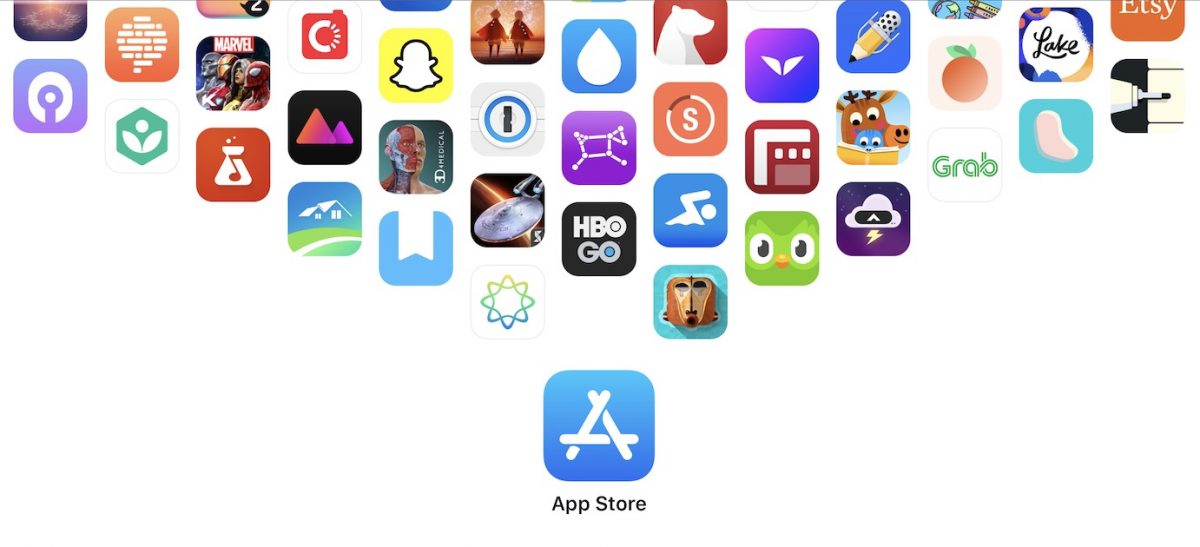The European Union has confirmed that Apple is among 19 tech giants that will be subject to the Digital Services Act (DSA). Specifically, the online safety and transparency legislation will apply to the App Store, giving users greater insight into app recommendations and paid ads.

Greater transparency coming to Apple’s App Store with Digital Services Act
Social media companies are the primary target of the Digital Services Act, with the legislation designed to force them to be faster to block illegal content such as child sexual abuse materials. However, the legislation also requires greater transparency around recommendations and ads for a wider range of tech companies.
This requirement will affect Apple, as currently, there is no way to understand app recommendations in the App Store, nor are paid ads clearly identified as such. The DSA will require Apple to be much more transparent about this, at least in the App Stores for European Union countries. If a developer paid for an ad, then the App Store promo must be clearly labeled as an ad, and users must be able to see which company paid for it.
In addition, users must be able to see the basis for personalized app recommendations and be free to opt out of the use of their personal data to generate recommendations. This latter requirement would effectively make Apple subject to the App Tracking Transparency rules it applies to third-party developers.

The Digital Services Act will not affect pre-installed iPhone apps, however, an early draft of the legislation suggested that tech giants should not be allowed to pre-install their own apps when they sell a smartphone to consumers. This clause did not make it into the final text, so Apple is safe in this regard.
The full list of companies subject to the Digital Services Act includes two large search engines, Google and Bing, as well as 17 companies designated as Very Large Online Platforms (VLOPs). These include Alibaba AliExpress, Amazon Store, Booking.com, Facebook, Google Play, Instagram, LinkedIn, Pinterest, Snapchat, TikTok, Twitter, Wikipedia, YouTube, and Zalando.

All companies listed have until the end of August to make the necessary changes to bring them into compliance. It remains to be seen whether Apple will comply with the Digital Services Act globally or only in EU countries, as it did with GDPR.
In conclusion, the Digital Services Act will require Apple to be much more transparent about app recommendations and paid ads in the App Store, at least in European Union countries. Users will have greater insight into why they are recommended certain information and will have the right to opt out of recommendation systems based on profiling. Apple has four months to comply, and it remains to be seen whether US customers will get the same protections and choices.